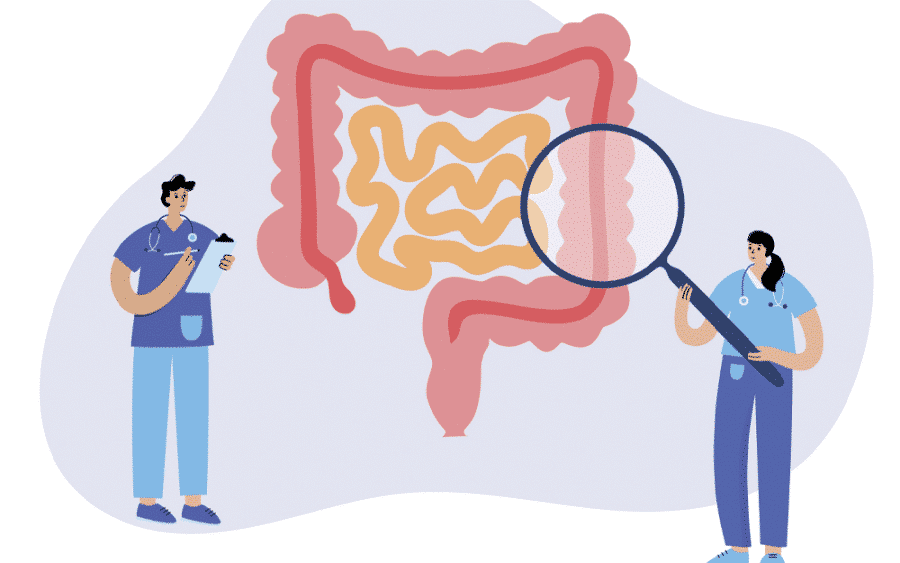Taking proactive steps to monitor our health is crucial for early detection and prevention of serious illnesses. One such condition that affects millions worldwide is bowel cancer. Bowel cancer, also called colorectal cancer, is a type of cancer affecting the colon or rectum. The good news is that early detection greatly increases the chances of successful treatment. This comprehensive guide will explore the importance of bowel cancer screening 1https://www.cancer.org.au/bowelscreening, who should get screened, the different screening methods available, and how to prepare for the screening process.
Why is Bowel Cancer Screening Important?
Bowel cancer is a significant health concern, but the early stages of the disease often present no symptoms. This makes regular screenings all the more crucial. Bowel cancer screening aims to detect any abnormalities or signs of cancer in the colon or rectum before symptoms even develop. By catching the disease early, treatment becomes more effective, leading to better outcomes and an improved chance of survival.
Who Should Get Screened?
Screening guidelines vary by country, but individuals aged 50 to 75 should undergo regular bowel cancer screening. However, suppose you have a family history of bowel cancer or certain genetic conditions. In that case, your doctor may recommend starting screening earlier. It's important to consult your healthcare provider to determine the best course of action based on your medical history.
Types of Bowel Cancer Screening
Fecal Occult Blood Test
The FOBT is a non-invasive and widely used screening method. It includes collecting small stool samples at home and sending them to the laboratory for Bowel cancer, also called colorectal cancer examination. The lab examines the samples for traces of blood, which can be an indication of bowel cancer. If blood is detected, further investigation may be necessary.
Flexible Sigmoidoscopy
During a flexible sigmoidoscopy, a thin, flexible tube with a camera is inserted into the rectum to examine the lower part of the colon. This procedure allows doctors to identify any polyps or abnormal growths that may be precursors to cancer. Flexible sigmoidoscopy is typically recommended every five years.
Colonoscopy
A colonoscopy is considered the gold standard for bowel cancer screening. It involves a long, flexible tube with a camera inserted into the colon and rectum. This procedure allows doctors to examine the entire colon length and remove any abnormal growths for further analysis. A colonoscopy is usually recommended every ten years.
Preparing for Bowel Cancer Screening
Before undergoing bowel cancer screening, there are a few essential preparations to ensure accurate results:
- Follow your healthcare provider's instructions: Your doctor will provide specific guidelines, including dietary restrictions and medication adjustments. It's crucial to adhere to these instructions to guarantee the accuracy of the screening.
- Communicate your concerns: If you have any questions or concerns about the screening process, don't hesitate to discuss them with your healthcare provider. They can provide reassurance and address any worries you may have.
- Mental and emotional preparation: Bowel cancer screening can be an anxiety-inducing experience for some individuals. Engaging in relaxation techniques, seeking support from loved ones, or even talking to a therapist can help alleviate stress and anxiety associated with the screening process.
Conclusion
Regular bowel cancer screening is a proactive step towards safeguarding your health and detecting potential issues early on. By following the recommended screening guidelines and consulting with your healthcare provider, you can take control of your well-being and increase the chances of successful treatment should any abnormalities be detected. Early detection is key to improved outcomes and an enhanced quality of life. Stay informed, get screened, and prioritize your health—your future self will thank you.
Additional resources and citations
- 1https://www.cancer.org.au/bowelscreening


